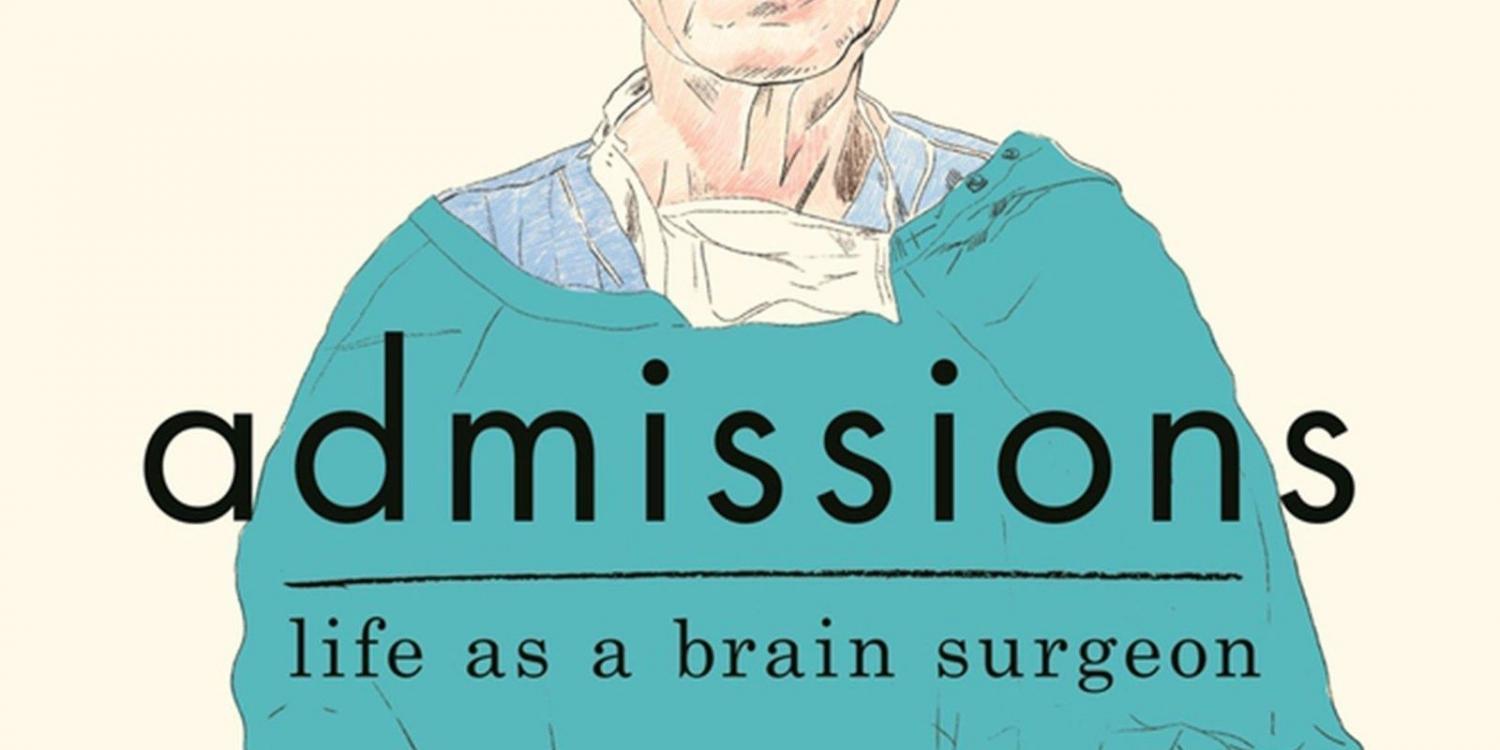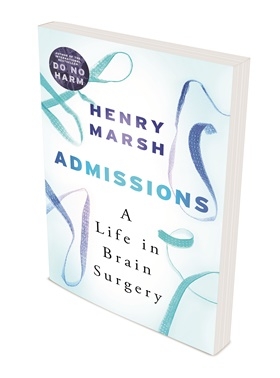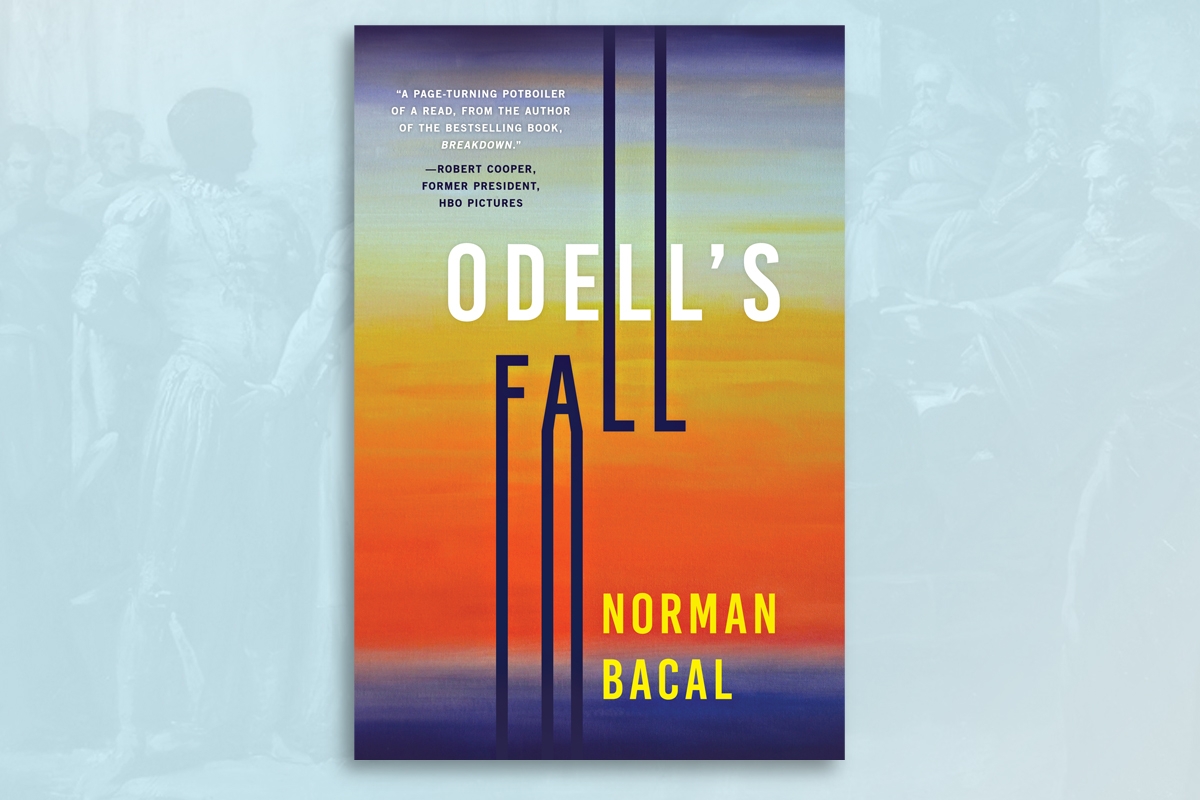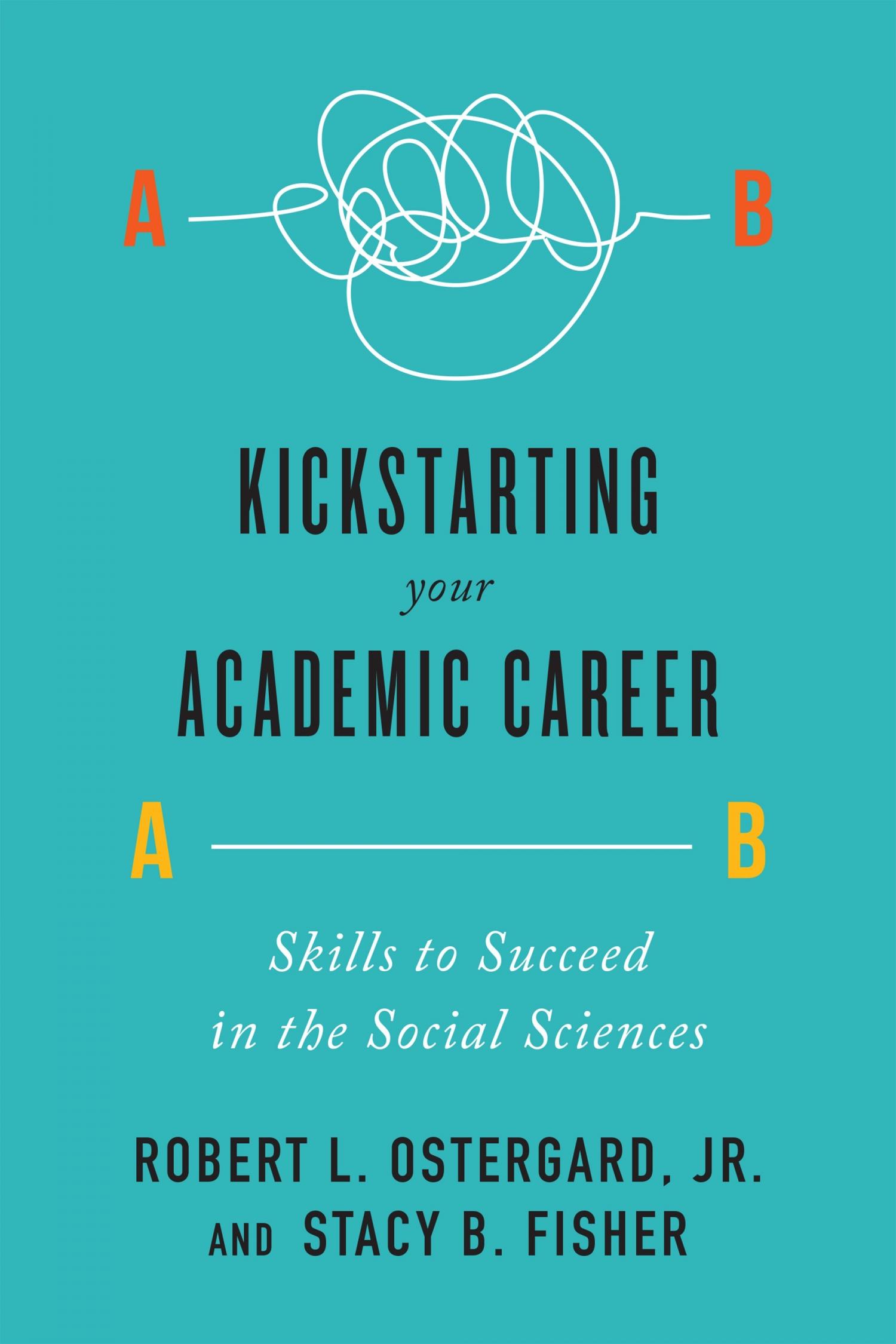
Book Review: Admissions: Life as a Brain Surgeon
Admissions: Life as a Brain Surgeon
By Henry Marsh
Admissions is a moving and often thrilling account of a man struggling to come to terms with old age and the end of a satisfying career while continuing to work as a neurosurgeon in parts of the world that desperately require that sort of medical expertise.
Henry Marsh begins his second memoir Admissions: Life as a Brain Surgeon with a long description about a severely dilapidated cottage that sits between a canal and a lake in Oxford, England. The cottage smells damp. Windows are broken. Weeds have overrun much of the outside. Remnants of the cottage’s previous and now deceased owner are still everywhere manifest. A cottage in so severe state of decay would be enough to make most potential buyers take a pass. But Marsh barely hesitates when contemplating whether to purchase the property. “I’ll take it,” he tells the real estate agent.
 Both for Marsh and for the reader the anecdote is instructive. It signifies Marsh’s gradual transition from being a practicing neurosurgeon to something slightly but not altogether different. For although he continues to work both as a surgeon and mentor in places like Nepal and Ukraine, he is retired from his career as a neurosurgeon employed with England’s National Health Service (NHS). When in London, he thus expects to have more time on his hands, other preoccupations to command his attention. More importantly, old age and all that it might eventually entail looms over a no longer distant horizon. The loss of his steadiness and skill with his hands, the loss of his once superlative memory, the insidious diminishment characteristic of old age. His father was stricken with dementia before he died. Marsh wonders if he will suffer the same fate. For this reason the opportunity to use his head and his hands to rebuild a derelict cottage assumes an almost existential importance.
Both for Marsh and for the reader the anecdote is instructive. It signifies Marsh’s gradual transition from being a practicing neurosurgeon to something slightly but not altogether different. For although he continues to work both as a surgeon and mentor in places like Nepal and Ukraine, he is retired from his career as a neurosurgeon employed with England’s National Health Service (NHS). When in London, he thus expects to have more time on his hands, other preoccupations to command his attention. More importantly, old age and all that it might eventually entail looms over a no longer distant horizon. The loss of his steadiness and skill with his hands, the loss of his once superlative memory, the insidious diminishment characteristic of old age. His father was stricken with dementia before he died. Marsh wonders if he will suffer the same fate. For this reason the opportunity to use his head and his hands to rebuild a derelict cottage assumes an almost existential importance.
Marsh’s relatively unique circumstance informs the book’s structure. In all of the chapters, Marsh weaves his experiences as an aging retiree, on the one hand, and a still practising neurosurgeon, on the other. Of the many places outside of London Marsh has travelled for his work – America, Ukraine, Sudan, among others – Nepal seems to be closest to his heart. Perhaps it’s because the place, more than any other, brings out Marsh’s literary impulses and ambitions. He writes with a novelist’s eye and nuance about Nepal’s landscape and the country’s people. He writes of burgeoning cities, choking pollution, the perils of navigating the place’s congested streets and running through narrow alleyways. An elephant ride prompts reflections on their social life and enormous brains. The effect is to broaden the book’s range and appeal. Admissions, from this perspective, is so much more than a series of reflections on life as a neurosurgeon.
Yet, it’s around neurosurgery that Marsh’s time in Nepal revolves. When he goes anywhere outside of London, it is to practice his craft and mentor other doctors struggling to do the same and to learn about other country’s health care systems. Indeed, Marsh’s insights into Nepal’s health care challenges (and other low income countries) are fascinating and important. One of the many remarkable feats he achieves in Admissions is to shed so much light in so few pages. To begin with, the combination of corruption and the ceaseless pressure to reduce taxes means that there is little or almost no public investment in a field of medicine as relatively niche as neurosurgery. A resource starved medical system like that of Nepal’s first requires investment in primary health care. The health benefits will far outweigh any of those that would derive from precious dollars invested in neurosurgery.
It is precisely this sort of larger context that fuelled Marsh’s colleague Dev’s decision to open a neurosurgery clinic in Nepal and to operate it himself with tireless dedication for over 30 years. The challenges associated with providing neurological care, Marsh learns from his friend, have a cultural component. Families of those suffering from, say, a tumour are much less inclined to accept a dire diagnosis than would be true in a place like London. Neurosurgeons are revered but only if they successfully treat the afflicted. If they insist they cannot, that reverence may turn into disbelief. People will go elsewhere in the hope of a better diagnosis and outcome. Yet those same patients are often diagnosed at a much later stage in a tumour’s development. What would have once been an operable tumour is now inoperable. What to do? The question is further complicated in Nepal by, shall we say, the emergence of less scrupulous neurological care providers. Many will be all too happy to have a family pay for surgery that will do nothing to save a patient. For this reason, Marsh’s colleague has operated on many patients who he would not have had he been in London.
The themes of detachment and compassion – so vital in the life of a neurosurgeon – are consistently highlighted in Marsh’s memoir. Marsh is no sentimentalist: his frank assessments of patients can occasionally leave him sounding too detached. But, of course, detachment and objectivity are indispensable for a neurosurgeon. Doctors are not magicians. Patients are often beyond saving and will die. Even if a patient can be saved, Marsh makes clear that the consequences can often be too severe to make it the appropriate course of action. Difficult choices must be made. Yet to be too detached is to risk becoming a doctor without compassion. As Marsh asks, who wants a heartless technician engaging in life and death decisions or difficult surgeries requiring hours of sustained concentration? But to be too emotionally invested can compromise a a doctor’s objectivity or render him so potentially incapacitated by grief that he will not be able to continue. For most doctors negotiating the tension between these competing needs is forever a challenge. In Nepal, however, that tension often reaches a fever pitch. A neurosurgeon in Nepal is ceaselessly pulled in diametrically opposed directions. There was so much suffering that one had to remain sufficiently detached in order to continue the tireless work in which he – and his colleague Dev even more so – were engaged. Yet the suffering and ultimately dire diagnoses were so often so needless that it was impossible for Marsh not to be driven to despair. As he suggests, he increasingly felt he was being forced to suppress the empathy that is so fundamental to being human.
Marsh is a man of contradictions. He is at once generous but cantankerous, both patient and impatient, kind and curmudgeonly. A careful reader will detect the odd contradiction in his thoughts about medical care. He believes fervently in England’s NHS but writes of his irrational disdain for remote bureaucrats who never have to engage with distraught families but who presumably have some role in making the system work. Another of Admissions’ great virtues is that he doesn’t attempt to conceal such contradictions or other painful regrets. Marsh documents how he slapped a (male) nurse who refused to follow his instructions. He laments for much of his life he had little respect for his father’s work as a lawyer and a passionate proponent of democracy, a passion fuelled by his experience fighting Nazism. The man does have his warts – and his regrets. Nevertheless the portrait that emerges from these sketches of a life lived as a neurosurgeon is of a man whose first priority is to reduce – however slightly – human suffering.
Death runs like a river through Admissions. Marsh encounters it everyday as a neurosurgeon. His greatest work related fear is that one of his mistakes will have the catastrophic consequence of killing the patient. His own mortality is a growing personal preoccupation. Death’s ceaseless presence, however, doesn’t cast a pall over the book. On the contrary, for all of the talk about illness and dying, Admissions is a thrilling read. When Marsh takes the reader inside the operating room as he or one of his mentors attempts to remove a tumour, we catch a tantalizing glimpse – however vicarious and incomplete – of medicine’s awesome potential and limits. Likewise there is a deep satisfaction to be derived from learning about different tumours and how they interact with the brain and body to cause debilitating illness or worse. For Marsh, that sort of knowledge is the basis for a more fundamental source of wonder. The brain as the infinitely beautiful, mysterious and complex source of our thoughts and emotions and, indeed, our consciousness. Long before the book’s end, Marsh’s sense of wonder becomes the reader’s, too.









